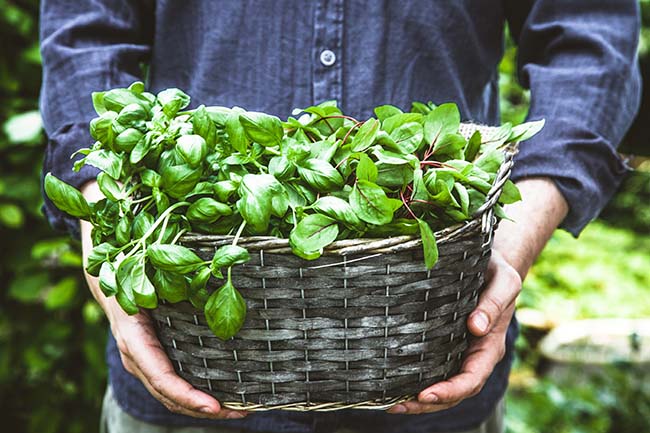Create a world where sustainability is the norm. Whether you’re just embarking on a greener lifestyle or have committed to an environmentally friendly approach to living for years now, explore these effective ways to promote sustainable living in your home, workplace and community.
Wise Shopping Choices
How much do your consumer choices contribute to a local landfill? Making wise shopping choices is a key way to limit the amount of waste and pollution as a byproduct of your shopping habits. Choose green packaging and recyclable containers and avoid excessive packaging.
Architectural Design
If you own your own home or commercial building, your roof is a surprising source of sustainable choices. Asphalt, metal, rubber and plastic materials used in residential and commercial roofs can create air pollution during the construction process. Some materials can’t be recycled, making them even less of a green choice.
Sustainability in roofing is choosing a green roof where possible. This unique roof construction installs water retention materials, filter cloths, soil and plants on top of the roof structure to increase biodiversity. While not 100% sustainable currently, this architectural design is continuing to be improved upon.
Technological Advances
Science is a major supporter of sustainability. Sustainable technologies not only improve the convenience of your daily life but also dramatically reduce your carbon footprint. Whether you pick up an energy-efficient air conditioner or install an entire Hydraloop system, consider how you can promote a sustainable lifestyle in your home with these tools, gadgets and appliances.
Considerate Waste Management
The way you deal with waste is key to how sustainable your lifestyle is. Effective waste management means reducing food waste, limiting landfill use and lowering energy usage. These are the most common areas of waste in most American homes. Limiting waste can not only promote sustainability but can also reduce your monthly expenses.
Organic Gardening
Take up organic gardening. Sustainable gardening means avoiding chemical fertilizers, pesticides and GMO plants. Instead, opt for natural compost, native plants and resilient landscaping.
Gardening doesn’t require a large amount of space or investment in time. Grow a few vegetables to supplement your diet or practice intensive gardening to supply most of your food from your own property. Your food scraps are a great source of compost for your new organic garden. This ties in neatly with reducing waste and shopping wisely.
Remote Work
Alternative work situations are commonplace in many industries. Remote work is popular among certain industries and demographics but remains largely unknown or unpracticed for other individuals. Whether you’re among the roughly one-third of Americans who are recently working from home or you’ve worked this way for years, there are many sustainable features of this lifestyle.
Working from home requires less fossil fuel, as you get to cut your commute. It also allows employers to partially or fully shut down office spaces and other commercial facilities.
Explore these and other sustainability choices today to see how you can work towards a more sustainable future for your home, your job and your community. Stay at the forefront of green current events with Everything Sustainable.
Give us your thoughts and let us know your take on the topic below:



